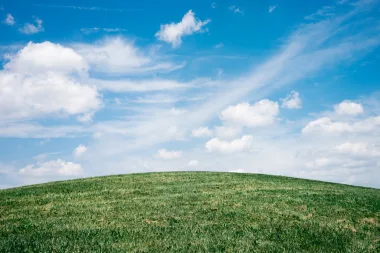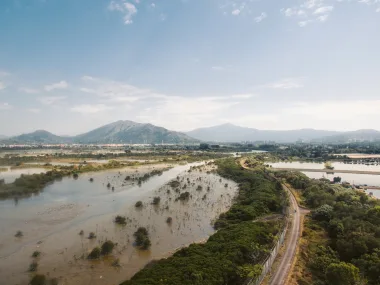Last Updated on August 14, 2023 by Ecologica Life
Climate change simply put, is the global rise in temperatures (global warming) due to human activity. This might not sound like a big deal, but climate change threatens every aspect of human existence.
If left unchecked, global warming will have disastrous effects on humanity and nature, including increased droughts, rising sea levels, and a mass extinction of species.
This is a huge challenge that all of us must face. However, as complex as it is, there is still time for potential solutions.
What is climate change?
The climate in an area is the average weather conditions of that area over many years. Climate change is a shift in those average conditions, which can be observed on a global scale.
Humans’ use of oil, gas, and coal (fossil fuels) in their homes, factories and transportation is the key factor to blame for the rapid climate change we are currently witnessing. Other less, but still significant factors include deforestation and the agricultural industry.
Fossil fuels release greenhouse gases when they burn – primarily carbon dioxide (CO2). These gases trap the Sun’s heat and cause the planet’s temperature to rise. The world is now about 1.1ºC warmer now than it was in 1880. However two-thirds of this warming occurred after 1975, this is primarily due to an increased use in fossil fuels.
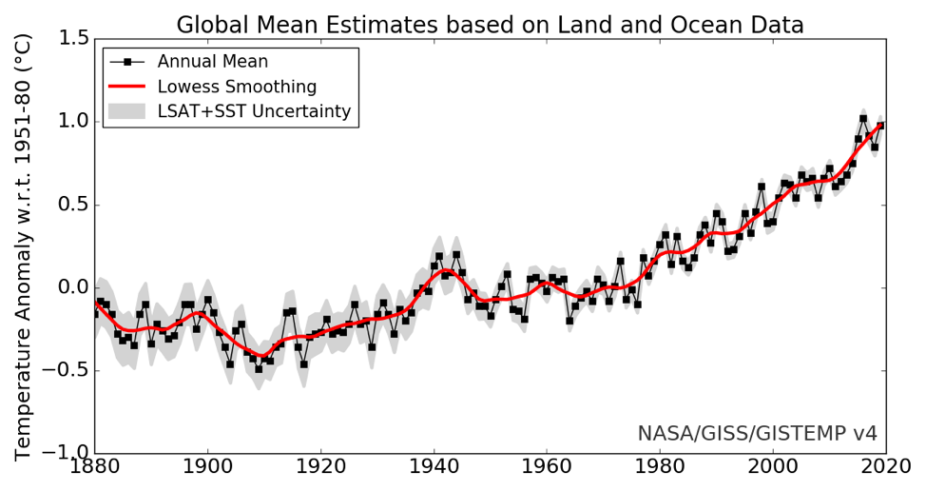
What are the predictions if we don’t maintain the 1.5ºC limit?
Globally, extreme weather events are already getting more and more dangerous, threatening lives and livelihoods. Many scientists and experts think that the earth may reach specific “tipping points” at which some aspects of climate change would either become wholly irreversible or start positive feedback loops. The melting of the ice sheets, which will have a significant impact on sea levels and the climate is one example of this.
As global temperatures rise, some areas may become uninhabitable, as farmland turns into desert. East Africa is currently facing its fifth season of failed rains. This has put up to 22 million people at risk of severe hunger according to the UN’s World Food Programme.
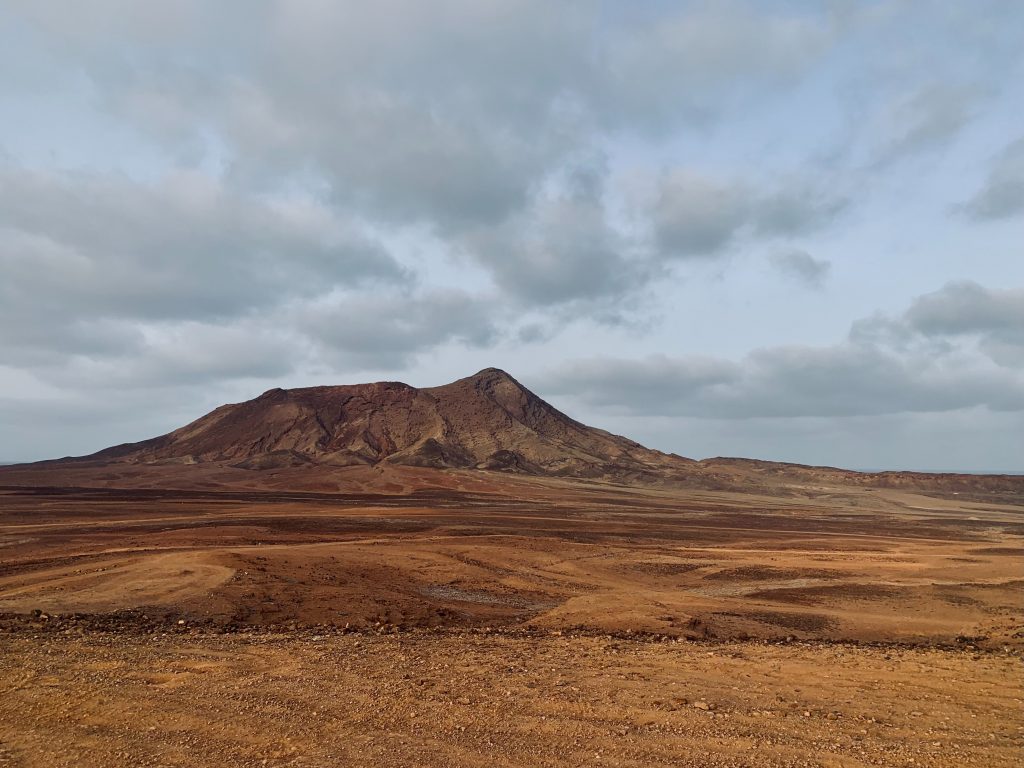

As was the case last summer in Europe, extreme temperatures can significantly raise the risk of wildfires. In comparison to the average, France and Germany burned nearly seven times more land between January and mid-July 2022 due to wildfires.
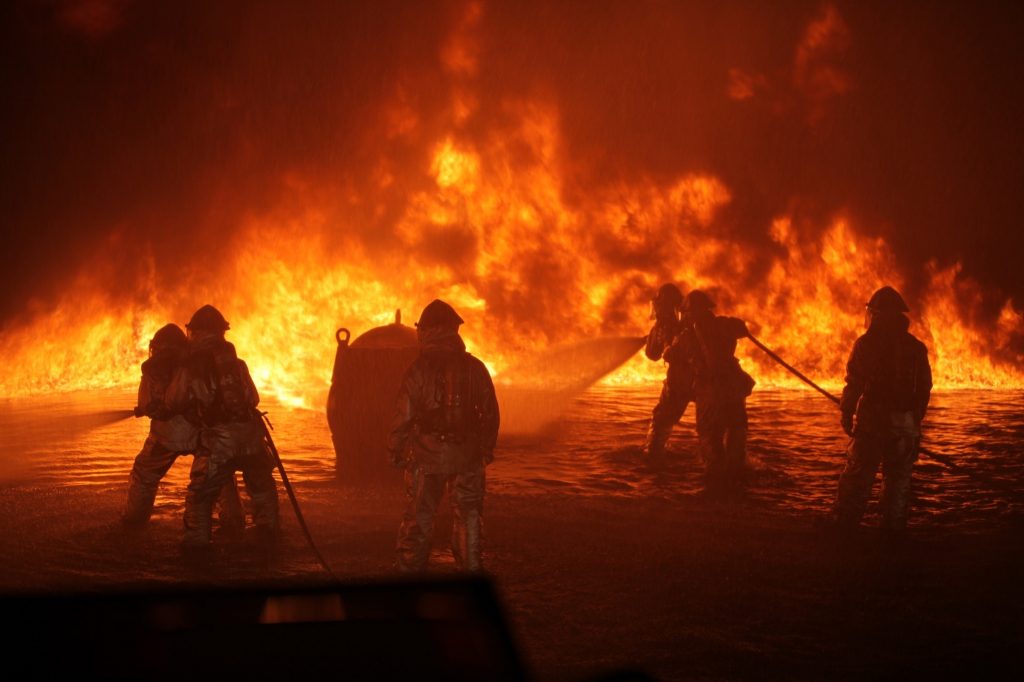
In regions like Siberia, warmer temperatures also mean that formerly frozen land will melt, releasing greenhouse gases, that have been trapped for centuries, into the atmosphere and aggravating climate change even further.
Extreme rainfall is producing unprecedented floods in other areas, which has been observed in China, Pakistan, and Nigeria.
The planet’s oceans and its habitats are also in danger. A study from April 2022 funded by the US National Oceanic and Atmospheric Administration claims that 10-15% of all marine species are currently at risk of extinction.
Land animals will also have a tougher time finding the food and water they need to survive in a warmer world. For instance, elephants will have difficulty finding the 150-300 litres of water they require each day, while polar bears may go extinct when the ice sheets of their habitat melt away. According to the UN, roughly 1 million animal and plant species are threatened with extinction. This mass extinction could happen within decades.
How will climate change affect nations worldwide?
According to the IPCC (Intergovernmental Panel on Climate Change), if the increase in global temperature cannot be contained at 1.5ºC:
- The UK and Europe will be vulnerable to increase flooding by extreme rainfall
- Countries in the Middle East will experience extreme heatwaves and extensive droughts.
- Some island states in the Pacific may vanish due to rising sea levels.
- Many African countries are predicted to experience droughts and food shortages.
- The western US is likely to experience drought, while other regions will have more intense storms.
- Australia is predicted to experience more heat waves and more deaths due to wildfires.
What are the solutions?
In the 2015 Paris agreement, countries agreed that combating climate change requires worldwide cooperation. 194 (193 states plus the European Union) parties pledged to make efforts to limit global warming to 1.5ºC.
At the COP27 meeting, which is currently being held in Egypt, world leaders are discussing more ambitious targets for decreasing emissions, including reducing the use of fossil fuels. By 2050, many nations have vowed to achieve “net zero” emissions.
Experts agree that the chance of achieving the 1.5ºC limit is slim, but still achievable, if drastic measures are now put into place.
How can you be a part of reducing climate change?
To effectively combat climate change, the biggest effort needs to come from governments and businesses. You should exercise your right to vote, choosing green politicians and putting pressure on them so they keep their word. Get to know your local and national government.
As a consumer you can also drive the green market by buying eco-friendly goods, such as locally sourced goods, goods made with renewable resources and packaging.
Scientists agree that small changes in our lives can limit our impact on the climate:
- Take fewer flights
- Live car-free or use an electric car
- Reduce consumption of meat and dairy products
- Reduce energy use
- Buy energy efficient products, such as washing machines, when they need replacing.
- Switch from a gas heating system to an electric heat pump
- Improve your home insulation
If you are interested in taking part in climate activism and action. The NRDC (Natural Resources Defence Council) have some interesting ideas.
If you are curious to see the data about global warming, you can check out the noaa global time series here.
What do you think of this article? drop us an email and let us know.



